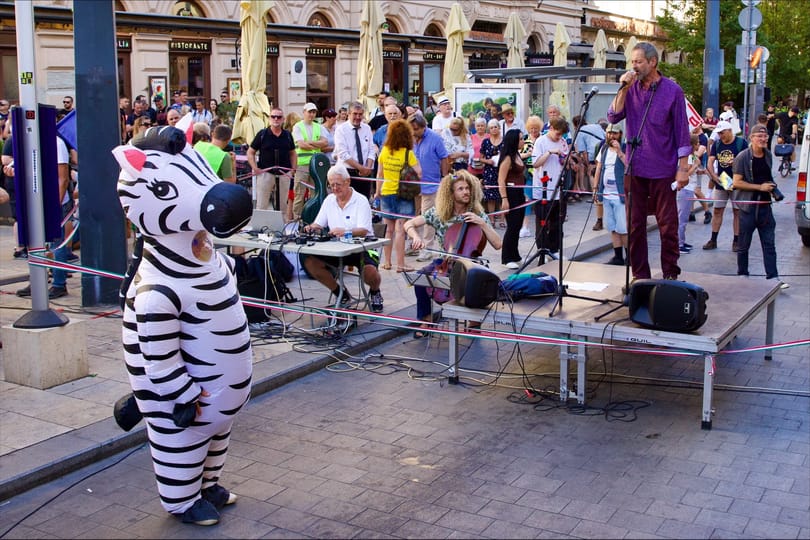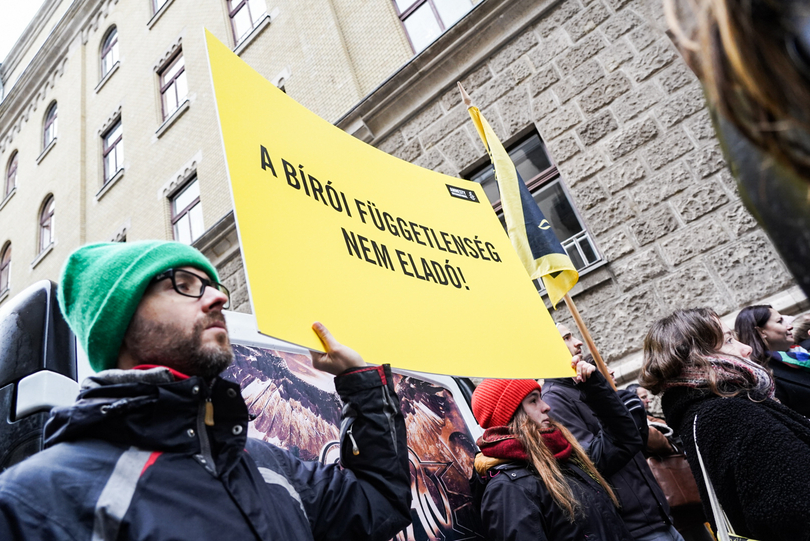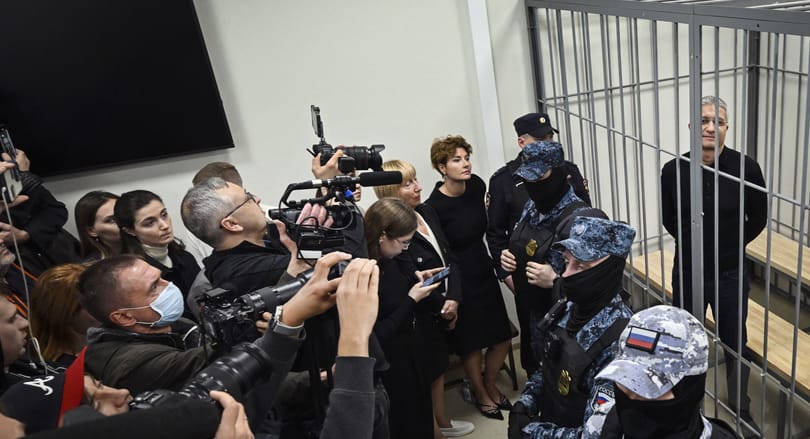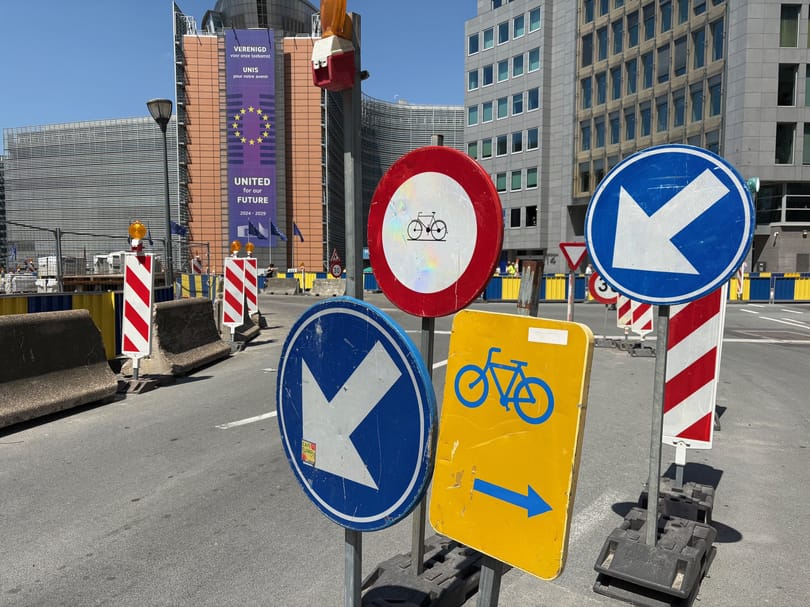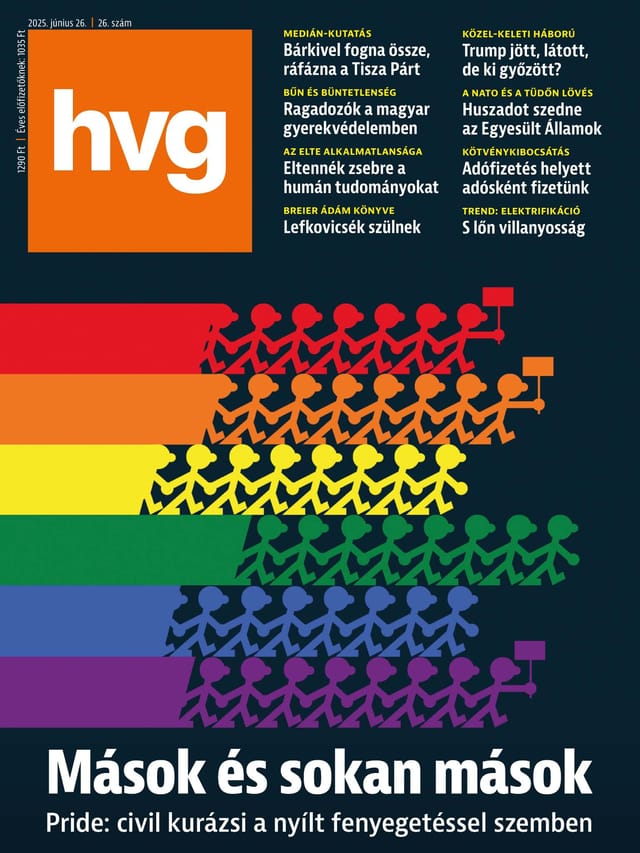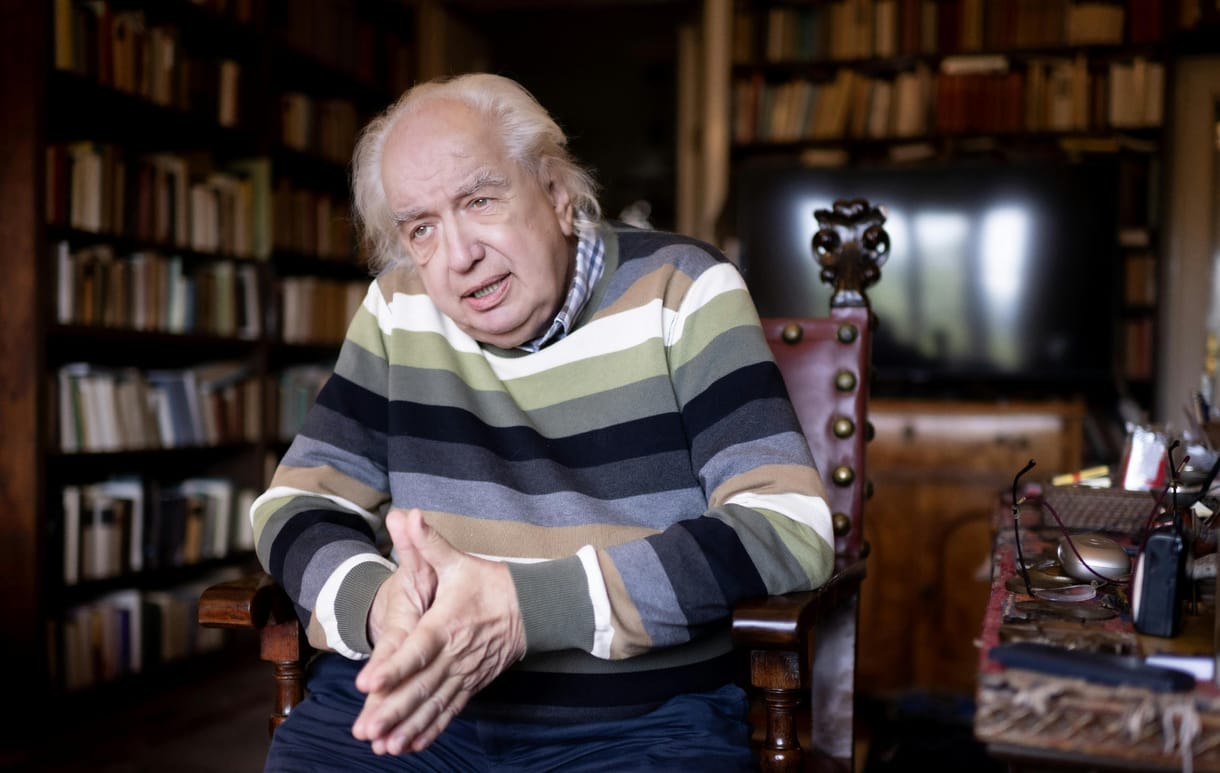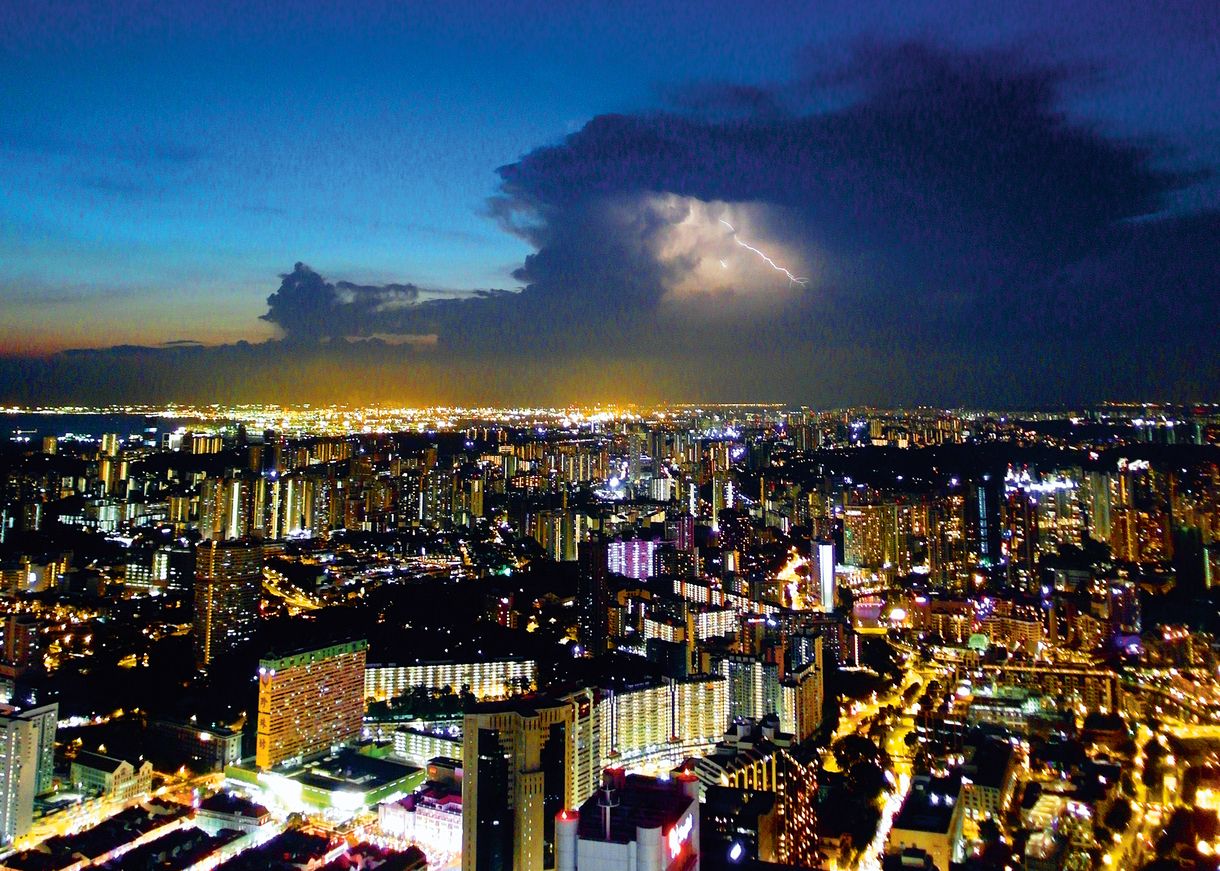Peter Feldmajer is telling his fellow Jews to stay at home to protect them from acts of violence committed by the Hungarian extreme right. First thought: that papering over problems just makes them worse. But problems are also made worse, for various difficult-to-explain reasons, by people who exaggerate them. If we take Peter Feldmajer's suggestion seriously, then Jews in Israel should never set foot on the street. There, after all, suicide bombing terrorists, rockets fired from beyond the border and Shiite atomic bombs pose a far graver danger than anything over here. Returning home, maybe the National Roma Castle should also declare that Roma should stay home and lock the door behind them. Not just on market days and bank holidays, but all the time. They, surveys make clear, are the object of far greater prejudice than the Jews. Feldmajer's statement may well find itself a place in our country's media history as the most classic example of the boomerang effect. It will do nothing to discourage the anti-Semites. On the contrary, they'll just become bolder. "How strong we must be if the conspirators running the world are getting anxious," they must be thinking.
Before asking why Mazsihisz decided to shoot such a monumental own goal, we should examine a technical question. Can Mazsihisz speak in the name of all Hungarian Jews? The only democratic answer to this is no. A religious organization is in no position to represent atheists or believers in other supernatural forces. Our Jewish compatriots number many atheists, followers of other religions and those who interpret their faith in their own, individual, fashion. Within the faith, the orthodox/reform divide also makes it impossible for Mazsihisz to represent the whole spectrum of the faith.
The call to stay at home was presumably the result of a kind of post-Kadar reflex. The idea is that the small man, if he sees some kind of street circus, rather than providing help, should bow his head and run home - best not to get involved. If anti-Semitism were such a problem in our society, then Mazsihisz should not be calling on the community to stay at home but to get out there demonstrating straight away, before it is too late. If the house of law, of the sovereignty of the people, of citizen equality is burning, then forget about dignified commemoration. If racism becomes such an issue, then call on not just the Jews to demonstrate, but ask every citizen out onto the streets.
But Mazsihisz did not seek to harness public opinion. Probably because they themselves did not regard the danger as serious. Forgetting about positive aims, they are spreading fear as a way of bonding their followers together. There is anti-Semitism in Hungary, but it can hardly be a greater threat now than when Csurka, a veteran anti-Semite pamphleteer, served as vice-president of the senior coalition partner in the first freely elected Parliament. Or when the same politician steered his newly-founded party into Parliament.
In the New York and Chicago of the 1930s, gangster bands rampaged, strikers and strike-breakers clashed, the Great Depression drove crime to unprecedented levels. The streets of Moscow, quaking under Stalinist terror, were certainly a safer place to be. Jews did not take to the streets in the Kadar era either. Democracy has its side-effects, unfortunately. Right now, this means blinkered, hate-filled rioters can run wild.
But I prefer democracy. And I suspect so, too, do believing Jews, who after 1967 looked on in disbelief at the way Mazsihisz's predecessor collaborated with a communist power that broke off diplomatic relations with Israel and celebrated terrorists.
László Tamás Papp
The Mazsihisz boomerang: boycotting the ceremonies
You might think it was some kind of anti-Semitic provocation. But no, the press release is attributable to the chairman of Mazsihisz, an organization that often speaks up in the name of Hungary's Jewish community.

Pride után: megpróbálják-e börtönbe küldeni Karácsony Gergelyt?
Az Ügyvédkör elnökét és egy volt belügyminisztert kérdeztünk.
Érvénytelen népszavazásra hivatkozik Orbán Viktor, amikor a Pride elutasítottságáról beszél
Még több százezer szavazatra lett volna szükség ahhoz, hogy érvényes legyen a 2022-es referendum, mégis ezt tekinti a kormány a népakarat megnyilvánulásának.
Az aszállyal a kormány se tud mit kezdeni: jelentősen drágult a HVG bevásárlókosara júniusban
Ma egy éve szűnt meg a kötelező akciózás, a kormány azonban nem tudta elengedni.
Annyira alacsony a Duna vízállása, hogy figyelmeztetést adott ki a rendőrség
Alkotmánybírósághoz fordul az Országos Bírói Tanács az igazságügyi törvények miatt
Tizenhárom év börtönre ítéltek Oroszországban egy volt védelmi miniszterhelyettest
Timur Ivanovot a bíróság különösen nagy értékű sikkasztásban, valamint bűnszövetkezetben elkövetett, ugyancsak különösen nagy értékű pénzmosásban találta bűnösnek.
Szeretettel Brüsszelből: több mint egy éve kormány nélkül Európa fővárosa
Szertefoszlik Orbán legyőzhetetlenségének mítosza
Még mindig téma a szombati budapesti Pride a világsajtóban.
Timothy Garton Ash: Milosevics sorsa várhat jövőre Orbánra
A szakértő szerint Európa vezetői végre ráébredtek a geopolitikai veszélyekre.
Várkonyi Andrea: A fanyalgóknak és a kötekedőknek azt kellene látniuk, hogy mi legalább segítünk
„Ne hagyja magát!” – Orbán Viktor támogatásáról biztosította a Csík Zenekar énekesnőjét
A Quimby azt kéri a Pride után, hogy minden szervező szóljon nekik, mielőtt rendezvényeken használnák a zenéiket
Megöltek egy nőt Bácsalmáson
A tettes a korábbi élettársa volt, aki a támadás folyamán életveszélyesen megsebesítette a közös gyereküket, majd magával is végzett.



